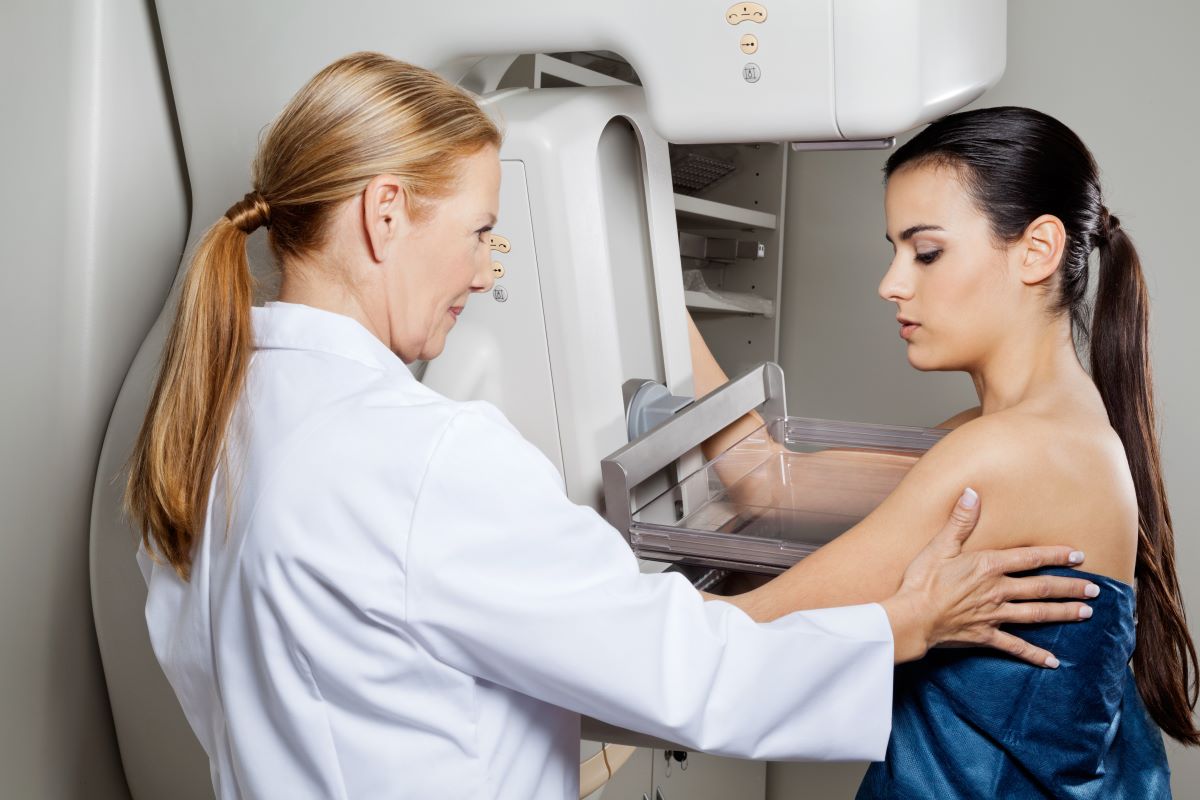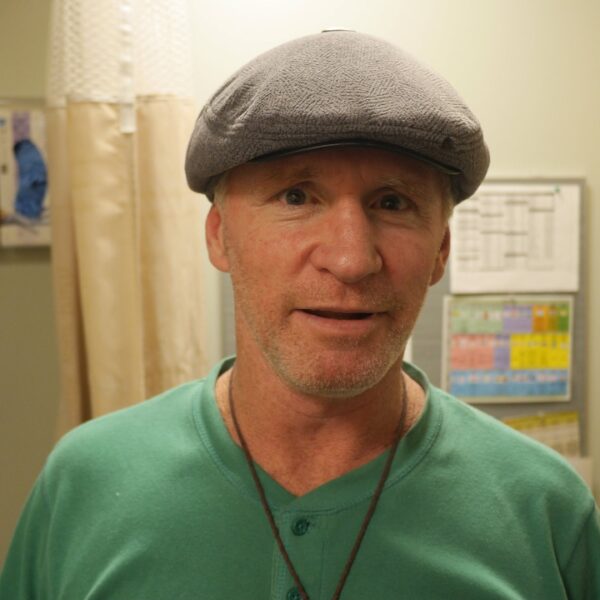Cancer is proven to be an even deadlier disease in marginalized populations nationwide. This includes the homeless population.
“Everybody thinks people are homeless just because they don’t wanna work or they don’t want to do anything for themselves. That’s not true. There’s people out here that had homes, had jobs, but lost everything due to a crisis, an illness, or something… Mine came across through illness and crisis,” Stephanie explained in an interview with Invisible People.
Now homeless in Austin, Stephanie detailed her swift and unnerving fate, which began with a purchase and an illness. The owner of the home she was presumably staying in sold the property while she was sick with cancer, forcing her out onto the streets at the most vulnerable time of her life.
“I was told I had to get out in 24 hours,” she said softly, staring down momentarily to regain composure. “I had to undergo an eight-and-a-half-hour surgery to remove two large tumors and most of my intestines, half my colon, half my stomach… And I survived on the streets with open wounds.”
Stephanie’s story of entering into homelessness is gut-wrenching. Perhaps the worst part is that it is also commonplace.
Cancer and homelessness go hand-in-hand for a wide variety of reasons.
Firstly, with most Americans now living paycheck-to-paycheck, being diagnosed with a chronic or terminal illness can be the tipping point that drives a vulnerable individual into homelessness, a final straw.
Secondly, once on the streets or in the shelter system, people enduring homelessness (PEH) lack the necessary access to cancer screenings that would promote prevention or early detection.
Thirdly, studies show that women enduring homelessness are often deferred during treatment, a harsh reality for people suffering from an alarmingly time-sensitive disease.
In addition to this, homeless breast cancer patients living unsheltered run the risk of losing their life-saving medications and their health insurance identification during homeless encampment sweeps.
It is clear that breast cancer plays a disproportionate role in the premature deaths of homeless women. Isn’t it time for that to change?
This Breast Cancer Awareness Month, Remember Our Neighbors Without Walls Need Screening Too
In a new study that was the largest of its kind, experts from The American Society of Clinical Oncology, which operates under the acronym “ASCO,” identified a lack of access to breast cancer screening as a critical driver of higher cancer mortality rates in the homeless community.
The study noted low screening rates for females enduring homelessness, ultimately making them more susceptible to being diagnosed at later, sometimes fatal, stages of the disease. To quote the researchers directly:
We identified low rates of breast cancer screening in female PEH. Interventions to increase breast cancer screening in this vulnerable population are urgently needed and may include increased access to PCPs, tobacco and drug cessation programs, and provision of health insurance.”
Key Findings From this Study
Enduring homelessness is notorious for shaving an average of three decades from a person’s life expectancy, which remains true even if the person later gets housed. One of the key reasons why becoming homeless is linked to lower life expectancy is a lack of access to healthcare.
When we think about healthcare, our minds often gravitate to health emergencies requiring hospitalization. But being denied even the most essential things modern healthcare offers can become an emergency, even a fatality.
Through this study, we learned that the disparities in cancer outcomes for PEH were primarily due to limited or no access to breast cancer screening. The study authors acknowledged that this delay in screenings directly influenced poor cancer outcomes.
Homeless women were much more likely to be diagnosed at later stages of the disease when compared to their housed counterparts, who were screened on time or even early.
To put things into perspective, the screening mammography rate for the eligible non-homeless women in the study was approximately 32%, nearly one-third of all participants. On the other hand, the screening mammography rate for homeless women was just 18%, and this was over a five-year timeframe.
Factors Contributing to Breast Cancer Screening Access
Having health insurance proved a crucial indicator in gaining access to breast cancer screening for women enduring homelessness. PEH were also more likely to be screened for breast cancer if they had an assigned primary care provider and were sober and tobacco-free.
Due to these results, study authors once again urge healthcare coverage access for the homeless population, echoing the sentiments of street medicine. Improved access to services and insurance can achieve greater health outcomes.
Left in a Lurch: Breast Cancer Death Rates Doubled in Women Enduring Homelessness
One study published by the National Library of Medicine found that homeless women were nearly twice as likely to die from a breast cancer diagnosis as their stably housed counterparts. Deferred treatments, combined with delayed screenings, are deadly for women in need.
Did you know that 20 homeless people die every day? Many of them die from treatable illnesses or ailments they could have survived at an earlier stage of diagnosis.
Talk to Your Legislators About Health Disparities in the Unhoused Community
Nobody should have to live on the streets, let alone die there, stripped of dignity. Join the growing movement of people who support street medicine programs for our homeless neighbors, and let your legislators know where you stand on this issue.
Breast cancer awareness isn’t just about receiving your own bill of health. It is also about advocating for others because the most dooming diagnosis of all is the one we don’t receive.













